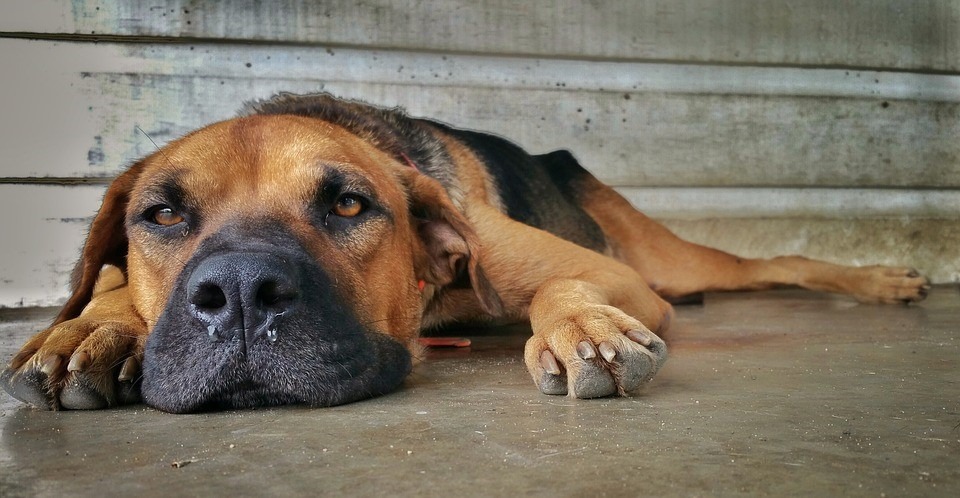Traditionally, dogs were seen to be our protectors. Sadly, it would appear that our roles have been reversed. As animal-lovers, it’s now become our responsibility to protect our precious pooches against the malicious poisonings taking over 1,000 dogs’ lives each week in South Africa.
According to Dr Gerhard Verdoorn, Director at the Griffon Poison Information Centre, a devastating statistic revealed that over 1,000 dogs are poisoned every week in South Africa. That’s over 50,000 dogs per year! On 1 August 2019, 40 dogs were poisoned in Florida, Roodepoort alone.
Burglars are poisoning dogs to gain easy access to properties from which they steal home contents, electronics and anything worth selling. The criminals hide toxic substances like Aldicarb, informally known as “two-step”, inside sausages or mince to feed to the dogs. The poison quickly goes into the dog’s bloodstream, which causes the animal’s nervous system to shut down, followed by paralysis and suffocation. “The poison that is used is very potent - around 97% of animals that are poisoned die." says Dr Verdoorn.
According to Cora Bailey, Director of Community Led Animal Welfare (CLAW): "This has been going on for years. It is a massive problem. This poison is being sold everywhere." Bailey urges dog parents to keep their dogs inside at night and to diligently report dog poisoning or suspicious substances on their lawn or around their properties to the authorities.
Take note: Two-step can be identified by small black grains that look like poppy seeds and should be handled with caution. If you need to pick it up, it is best to wear gloves.
How to report dog poisoning:
Call your local police station and inform your local SPCA of the dog poisoning. Your report could save another furry friend’s life!
“Photographic evidence and any other evidence, such as the pieces of food or poison, also need to be collected and handed in as evidence,” says SPCA spokesperson, Tara McGovern.
The symptoms of dog poisoning:
If a dog is poisoned, it can become extremely ill in an instant. A few serious tell-tale symptoms to watch out for are:
- Weakness and even collapse;
- Muscle tremors, which look like worms crawling under the skin;
- Vomiting;
- Drooling;
- Diarrhoea;
- Tiny, pinpoint-sized pupils; and
How to treat a poisoned pooch:
“Unfortunately, there is no antidote for Aldicarb and it is a fast-acting poison, but if you can get your companion to a veterinarian in time, they may be able to neutralise the poison. Time is of the essence.”, says the National Society for the Prevention of Cruelty to Animals (NSPCA).
Before making your way to the vet, you can try to administer activated charcoal to slow absorption, while keeping the poisoned pet warm with his/her favourite blanket. The vet will give your pooch a drug such as Atropine and put your furball on a drip for recovery.
If your pet survives the poisoning attempt, the vet will keep him/her for a day or two for observation.
What about the expensive vet bills?
It’s stressful enough to fight for your pet’s life, the last thing you need is to worry about the expensive vet bills. Be prepared for a veterinary emergency with dotsure.co.za pet insurance. Our Accidental plan starts from only R73 pm*.
Find out more about our cover options here: dotsure.co.za pet insurance plans



